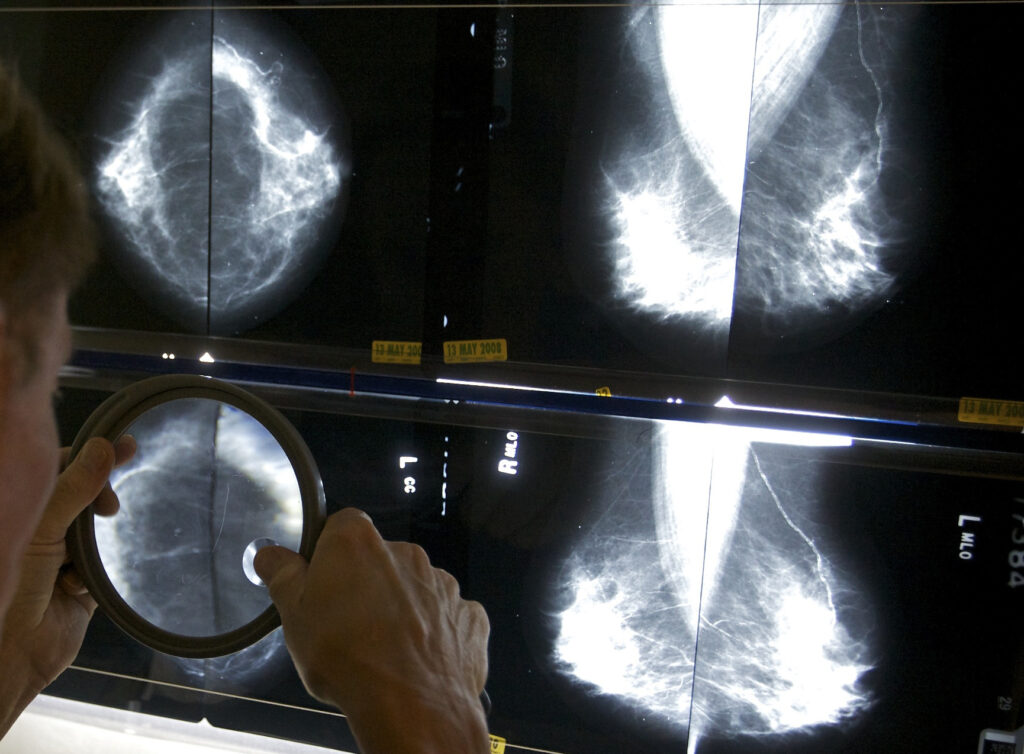
Metro Public Health’s governing board is expected to sign off on another year of state funding for breast and cervical cancer screening this week.
About 400 clinics get state funding to cover initial screenings and follow-up diagnostic testing. Metro is one of the providers, and Emily Davis is the coordinator over the health department’s breast and cervical cancer screening program.
She said last fiscal year, Metro’s screening program served about 1,400 women.
“According to our state data, that’s only 16% of the eligible population (in Davidson County),” she said. “So even though it’s a good number, we just know there are a lot of other women out there that could use this service — that are uninsured, low-income, rarely screened or never been screened — and that’s who we’re trying to let know that we’re here.”
Metro Health works with several local clinics to administer the program. That includes Matthew Walker Comprehensive Health Center, Neighborhood Health and Faith Family Medical Center.
The clinics conduct initial screenings, and if the results come back abnormal, they follow up with diagnostic testing within about 90 days. If the patient is diagnosed with cancer, Davis said the clinics help them get coverage for treatment.
Tennessee hasn’t expanded Medicaid, so most working-age adults don’t qualify. But there is a special exception for people who have been diagnosed with breast or cervical cancer.
“They can come in here to the health department, or we can do it over the phone,” she said. “We do their TennCare application for them. And their coverage starts immediately, so they can start getting treatment as soon as possible.”
To qualify, residents still have to be low-income, but the earnings cap is higher for this program. A single person can make up to $36,450 annually, and someone in a family of four can have a household income of up to $75,000.
There are about 503,000 uninsured adults in the state, according to an estimate in a University of Tennessee Knoxville study.

